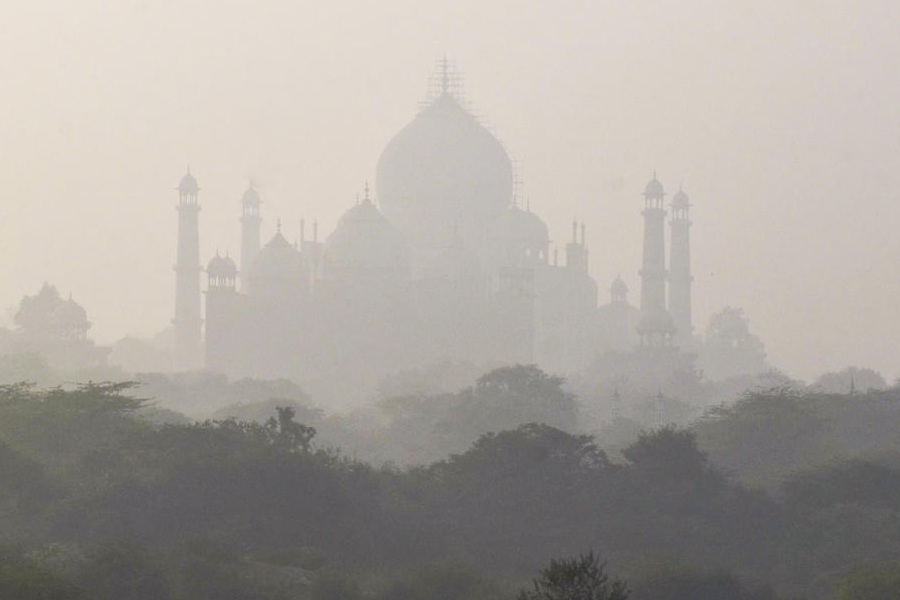
MOISTURE TRAPPED IN A STONE: AN ANTHOLOGY OF MODERN TELUGU SHORT STORIES Thornbird, Rs 595
The tale that gives this collection of 28 Telugu short stories its name is to be found almost midway in the book. Written by Madhurantakam Rajaram, "Moisture trapped in a stone" throbs with the potential of a novel, while the unexpected ending makes it a perfect short story. From a past full of the cruelties of the Arcot nawabs and the growth of palegars into powerful landlords, Rajaram moves easily into a lord's manor near Ramapuram, where subtle changes are wrought by the wife on her obdurate husband while outcast pig-rearers sit outside, hoping for succour. History past and present, a range of social practices, architecture from the lord's manor to the adivasi's hut, a landscape drowned by rain or fractured by confusing roads are all present in the collection, attesting to the care taken in selecting the stories. They are translated by K.N. Rao, who says in his preface that he was inspired by the centenary of Telugu short fiction in 2011 to translate modern Telugu stories by well-known writers. The collection is indeed testimony to their technical mastery, imaginative breadth and social awareness, and represents the variety and liveliness of the literary scene.
In many of the stories, the irony of the ending is interwoven with the encounter of traditional beliefs, practices and professions with changing histories and values. The result can be keenly tragic, as in the story of the deeply religious, upright and learned priest and his equally honest Naxalite son in "A gift of gingelly seeds" by Rentala Nageswara Rao. The tragedy in "Darkness to light: a journey to nowhere" by Vasireddy Seetadevi (the original title being " Thamaso maa jyotirgamaya") is heart-breaking, but it is confined to an episode that has a startling effect on a smug astrologer and a young sceptic who are busy arguing about existence and afterlife. Pure comedy, as in "Cartoon" by Madhurantakam Rajaram, and dry humour, as in Vasundhara's "The meticulous calculator" and "Oh! Madhu", punctuate strains of pathos, political violence and love. The shock of Kalyana Sundari Jagannath's "A potion of pride and prejudice" is difficult to forget, as is the pain of "The cover" by Mohammad Khadeer Babu.
The stories that focus on 'women's issues' have about them an air of innocence, as though the theme is fresh. B. Geetika's "Misappropriated moonlight" stands out by the depth of emotion it arouses, but it could well have come out of the pages of a government officer's diary. Tribal characters are rare in the book; this story makes up for it. Understanding the tradition of modern Telugu women's writing as well as the references to contemporary social and political realities would have gained by precise dates in the notes on the authors. This is a noticeable lack in a rich collection translated with high competence. The few infelicities in this 484-page volume could have done with a little more editing.











